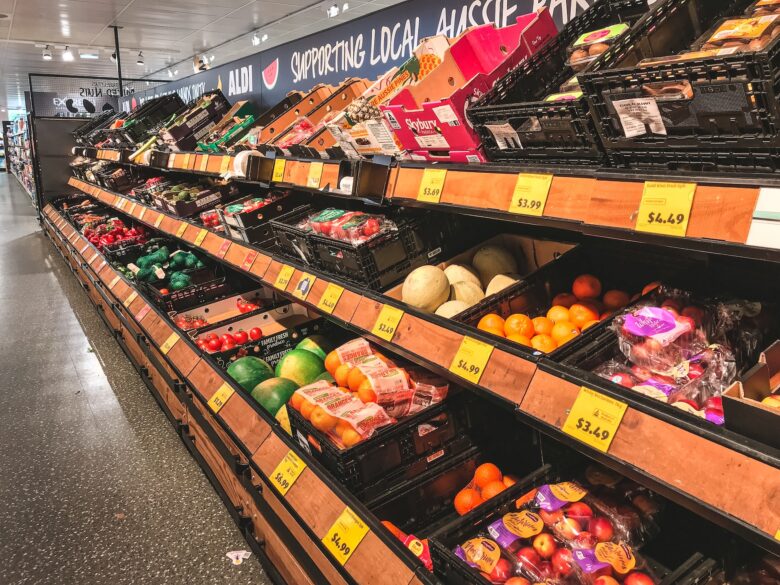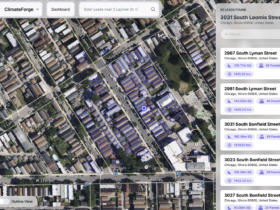Things are heating up in the grocery scene with Aldi, the no-frills German discounter, taking significant strides in the industry. The company is currently in the throes of a major move that could upend its competition, as the southern US supermarket landscape stands to undergo a transformation upon Aldi’s impending acquisition of about 400 Winn-Dixie and Harveys Supermarket locations. Since Aldi’s unprecedented expansion operation, the future of Walmart, Kroger, and other regional grocery stores hangs in the balance as they grapple with potential major market share shifts.
In a time when large grocery chains such as Kroger are focused on billion-dollar takeovers, and other competitors like Amazon and Target vie for increased market share in response to inflation-weary consumer behavior patterns, Aldi’s strategy speaks of swift market penetration and efficiency. Its recent move will haul in stores across Florida, Alabama, Georgia, Louisiana, Mississippi and ensure that some of these outlets inherit the Aldi tagline.
In an exclusive conversation with CNBC, the man steering this enterprise, Jason Hart, CEO of Aldi US, divulged key insights about the company’s strategic outlook. Despite impending challenges that may resurface post-inflation such as preferences for neighborhood grocery stores or brand names, and the accelerating e-commerce wave, Aldi’s growth trajectory remains unstoppable. The fact that Aldi prides itself on simplifying the customer shopping experience by limiting SKUs, thereby driving high volume, is a testament to its efficient business model.
The new venture seeks optimal utilization of quality retail locations coupled with reliable management to satiate the incremental consumer demand in the southeastern region. As the deal closes in the first half of next year, Aldi is also set to roll out 120 new stores outside of the acquisition by year-end, reinforcing their aggressive expansion strategy.
While Aldi’s tactic of heavy reliance on its private labels might confound some, it is a calculated move. By offering about 90% of its own branded products, Aldi manages to scale and curtail associated costs, from marketing to the supply chain. This strategy goes hand-in-hand with Aldi’s innovative cost-saving methods, such as downsizing packaging and utilizing electronic shelf labels.
A crucial part of Aldi’s master plan post-acquisition is its intention to convert some stores into Aldi-affiliated groceries, a move that promises a more localized service for the communities. Meanwhile, stores not strategic for the Aldi conversion would continue to operate under the Winn-Dixie and Harveys banner.
While Aldi marches forward on its expansion and acquisition journey, it remains cognizant of the industry shifts, notably the rival retail formats and the burgeoning e-commerce space. The solid growth in both its physical and online stores signals that this retail powerhouse is not just surviving but thriving amidst the evolving retail landscape.
This acquisition journey with Winn-Dixie and Harveys Supermarkets marks a pivotal moment in Aldi’s growth narrative. Instead of building hundreds of new stores, Aldi capitalized on the opportunity to fast-track its way into the heart of the Southeast region. Clearly, Aldi contends not just to be one of the players but aspires to be the game-changer in this supermarket industry saga.












